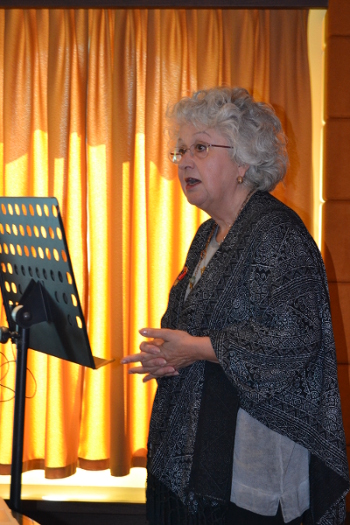“We need more Europe, we need to raise voices favorable to retake the European pulse”
Teresa Freixes, full academician of the Royal European Academy of Doctors-Barcelona 1914 (RAED), calls for a citizen’s reaction to promote Europeanism beyond institutions as the only way to consolidate and grow the European Union. Professor of Constitutional Law at the Autonomous University of Barcelona, Freixes summarizes these postulates in the work “Europa en la encrucijada” (Europe at the crossroads), which he presented at the Third International Act of the RAED.

Dra. Teresa Freixes Sanjuán
For the academician, crisis like that of the Brexit are nothing more than a reflection of the populism and nationalism that today threaten Europe as a social and political concept. “Europe has been kidnapped by populism, crisis, misrepresentation of concepts and dissolution of the old certainties in the stormy waters of processes like the Brexit, the referendum in Italy or in Hungary or the rise of the far right in Holland and Germany. Faced with this, we are faced with the question, without answer yet, of how the European Union will tackle the confusion in which all this has put it”, Freixes begins his speech.
That response, she continues, can only be in a citizenship which, in addition to the institutions of the Union and the governments that threaten the common space from each member country, must proclaim its Europeanism. “We need more Europe. We need to raise voices favorable to retake the European pulse. We need to truly implement European citizenship and that those who are in the representative institutions are really representatives of the European citizens and not the transmission belts of their respective national parties. We need to hear the voice of those represented”, argues Freixes.
Only this Europe of citizenship, the professor considers, can guarantee the old postulate of Jean Monet, father of the Union, to “build slowly to consolidate fast” and give the institution the solidity required by its firm values of equality and defense of human rights. A foundation that the economic and political interest of its representatives and the governments of the Member States put at risk. “The recent Bratislava summit showed that much of European politics is pinned. We run the danger that if we let everything go to governments, as is the usual trend, Europe will become a souk of disaster. That is why we need, more than ever, to recover the European drive”, ditch the academician.



